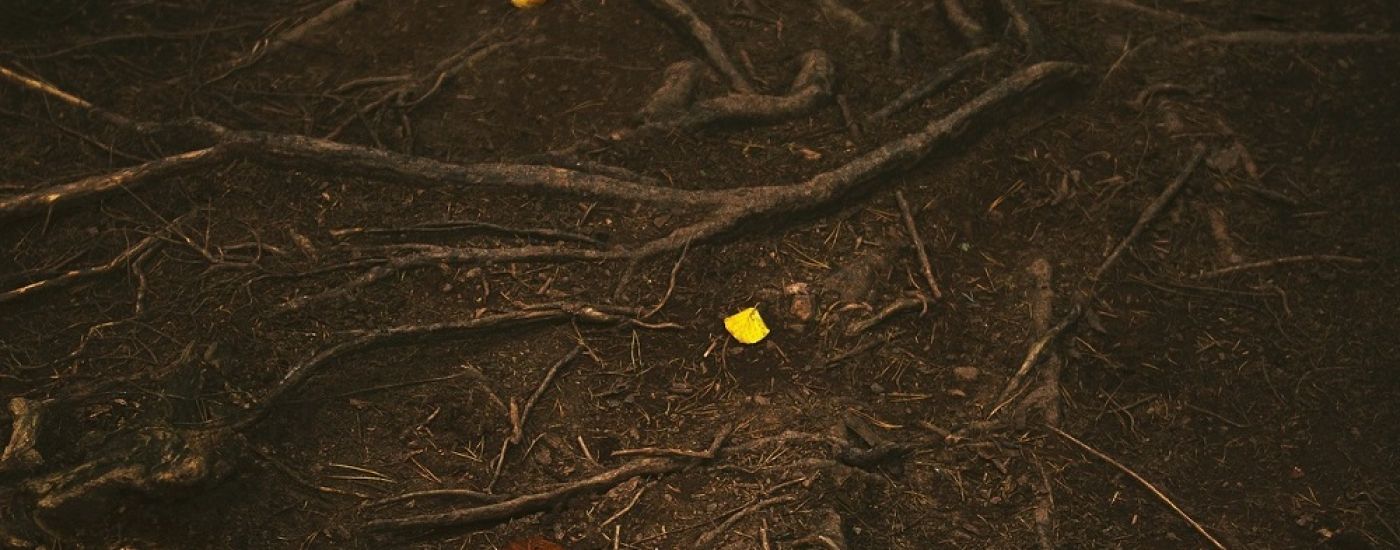The Vital Role of Soil Health in Tree and Plant Health Care (PHC)

When we think about tree and plant health care, one thing that is often overlooked is how vital soil health is to the trees and plant life. In fact, roots play a more important role in the overall health of the tree than the canopy, or anything above the ground.
For health and proper growth, trees need the proper amounts of 15 different minerals. They also need healthy soil with proper pH levels. Inadequate levels, or levels that are too high, can result in poor tree health, evidenced by symptoms like unnatural leaf coloration.
According to the USDA, soil health means “the continued capacity of soil to function as a vital living ecosystem that sustains plants, animals, and humans.” To ensure that health, the proper elements must be available to nurture the good bacteria, the bugs and other organisms that give soil the ability to support and sustain our tree and plant health care.
What is the Role of Soil?
- Controls water – Soil helps direct rain, snow, and irrigation water, collecting minerals as the water crosses over.
- Stores minerals and other nutrients – Minerals that plants need, like nitrogen and phosphorus are stored in the soil
- Filters – Soil comes into contact with many materials, organic and inorganic. The soil helps to filter out harmful elements.
- Provides physical support – The soil holds the roots of trees and plants in place, and gives stability against wind and other forces of nature.
Benefits of Chemical-Free Soil Health
Maintaining healthy soil in a way that uses no/minimal chemicals is optimal for plant and tree health care, because this type of health is more sustainable and works with the natural ecology of an area. This ecology includes bugs and bacteria, things we typically try to avoid, but that are important to the health of the soil. Some types of bacteria are needed to help the soil and its plant life thrive. As we noted in a previous blog, planting native trees and shrubs are a vital piece of keeping the local ecosystem intact. A part of that cycle is the helpful bacteria, the bugs that eat them, the birds that eat those and so on up the chain.
With chemicals, though they are sometimes necessary, those healthy bacteria are killed, plants become dependent and they become unable to produce nutrients on their own. A certified arborist will assess your soil health and can advise you of the best tree and plant health care plan for your landscape.
Importance of Proper Soil Types
When you buy a new tree from the nursery, the tag gives details specific to the care needed for that tree type. Most people will note the shade/sun needed, and maybe some other details, but many skim over the proper soil type section, perhaps because we think “soil is soil.” However, the wrong soil type can play a big role in whether your tree thrives, or if the tree will even survive.
Soil Types
The reason that soil type is important is that some trees need more moisture and nutrients, and some types of soil can make getting the necessary elements difficult. The most common types are clay, sand and silt.
Clay
Clay is tightly packed and has little air space. This type of soil allows for little movement and makes absorption of water, air and other nutrients into the soil difficult.
Sand
Sandy soil is comprised of loose large particles. Though more movement is allowed, this type of soil has difficulty retaining moisture.
Silt
Silt has fine particles but is very compacted. This compaction could work against trees or plants that need to spread out, but silt does retain water and other nutrients.
You may have more than one type of soil in your landscape, but either way, you can provide the proper soil environment if one does not already exist, by mixing one or more types together in the area around your trees and plants.
Stein Tree Assesses and Provides a Tree and Plant Health Care Regimen for Your Landscape
Our experts can evaluate your soil health and determine if you need to make any changes to ensure the health of your landscape. Stein Tree Service has been providing all types of tree and plant health care services to residents of Delaware, Pennsylvania and Maryland for over 25 years. Contact us today for a consultation.
CALL US
610.723.8072
Serving DE, PA and MD
REQUEST A FREE, NO OBLIGATION CONSULTATION
FEATURED PROGRAMS
Stein Tree Earns Permit to Work in Spotted Lanternfly Quarantine Areas
Stein has a permit to work in spotted lanternfly quarantine areas in Pennsylvania and Delaware. Tree Service Companies have to be trained in proper moving and disposal of materials to avoid spread of the spotted lanternfly and Stein has completed the training courses. Learn more.
Emerald Ash Borer Inspection
In the spring, destructive emerald ash bore![]() r (EAB) adult beetles begin to emerge. These invasive pests can destroy your ash trees. Our specialists are certified to treat for EAB in Pennsylvania and Delaware. For a free consultation, contact us today.
r (EAB) adult beetles begin to emerge. These invasive pests can destroy your ash trees. Our specialists are certified to treat for EAB in Pennsylvania and Delaware. For a free consultation, contact us today.
